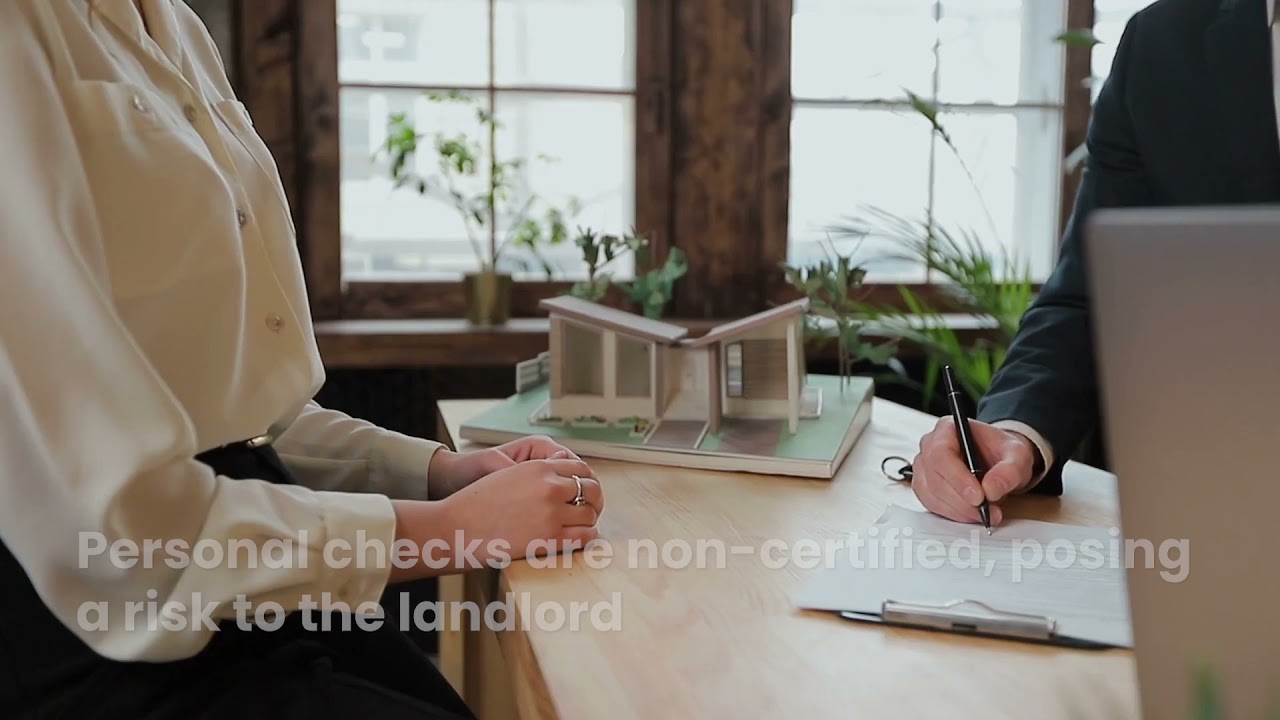So your landlord is requesting ‘certified funds’ before you can move in. But what does that mean?
Certified funds refer to a special type of payment that is guaranteed for clearance by the financial institution or bank.
This provides peace of mind to both parties, because the landlord needs to know the funds will go into their bank account, and you want to make sure they get paid.
But don’t all funds go into landlord’s bank account?
Yes, all funds go into a landlord’s bank account, but some forms of payment can bounce or fail to clear. For example, lets say Judy writes a check to her landlord.
The Landlord goes to deposit the check, but there are not enough funds in Judy’s account to cover the check. What happens? The check bounces.
This is the exact reason for certified funds.
The landlord needs to know the funds will clear.
Certified Funds in the Apartment Rental Industry
As mentioned, certified funds guarantee that the landlord will receive payment. This is different from non-certified funds, which are basically just a personal check. If a landlord goes to deposit a personal check, there is the risk that the check will bounce and payment will be denied. By the time the landlord realizes the check has bounced, they have already given the tenant the keys! Yikes!

The landlord is out of luck. Hence, certified funds come into play. With certified funds, payments are guaranteed to clear by the company certifying the funds.
Examples of Certified Funds
While you should confirm with your specific landlord their expectations on certified funds, some examples of certified funds include certified check, cashier’s check, money order, wire transfer. and cash.
Certified Check
This is typically issued by a bank and proves that the tenant’s bank account has sufficient funds to make the payment. The teller may set aside the amount the check is written for so it is available when a check is cashed.
Cashier’s Check
A cashier’s check is issued by the tenant’s actual bank. For this option, the bank withdraws the funds from the account and guarantees the amount written on the check. Landlords need not worry about the payment because the funds have already been withdrawn for payment.
Money Order
Money orders can be issued by a bank, convenience store, or post office. The tenant transfers the funds to the issuing authority to receive the money order, which is then given to the landlord. Since the tenant has already paid, there is no risk to the landlord.
Wire Transfer
Online wire transfers from the tenant’s bank account to the landlord may also be an acceptable payment. There might be a waiting period involved and also hefty fees, so this is typically not used in the rental industry.
Cash
Cash is another option for receiving rental payments every month, which can also be extremely easy.
What is not considered certified funds?
The opposite of certified funds are just normal payments, including personal checks, debit card payments, and credit card payments.
How To Get Certified Funds?
You can get all types of certified funds at either your bank or a local retailer.
To get a cashier check or certified check, just walk into your bank branch during business hours. Ask them for a cashier check or certified check.
To get a money order, you can also go into your bank, CVS, Walgreen’s, USPS, or a dedicated money transfer service store such as Western Union or MoneyGram.
To arrange a wire transfer, contact your local bank. This is not recommended as most banks charge high fees for wire transfers.
How To Give Certified Funds to Landlord?
Once you have the funds in hand, ask the landlord how they want it. If you are local, most will ask you to drop it off. Never put cash in the mail
A Story on Certified Funds
The truth is in reality, the only truly certified funds are cash. We recently had an incident where a prospective new tenant gave us certified funds (money orders to be more specific), and for the first time ever, we got a notice back saying the money order bounced. We called up our bank and asked how could a money order bounce? The reason was that it was perceived as fraud. Whether it was fraud or simply a clerical error, this taught us that technically anything can bounce (other than cash) although it is extremely rare.
Certified funds provide almost full-proof protection that the funds will clear the bank and go into the landlord’s bank account.
Our Experience
At Fidelity Management, we also require certified funds before tenant’s move in (especially if they are about to move in the next few days). We accept cashiers’ checks, certified check, cash and money order. The most common is probably money orders, cashier’s check, and cash.
Once you move and become a resident, we allow residents to pay via personal check or via credit, debit, or ACH online via our online rent payment system.
Summary
Certified funds are a type of payment that many landlords require to guarantee that the money you give them will end up in their bank account. There are several types of certified funds including cashier check, bank check, money order, cash, and wire transfer.
Certified funds are most commonly requested before you move in. Once you move in, most landlords will permit personal checks, debit, credit card, and other types of payments.
In a hurry, you can also watch a video below to summarize this article:






